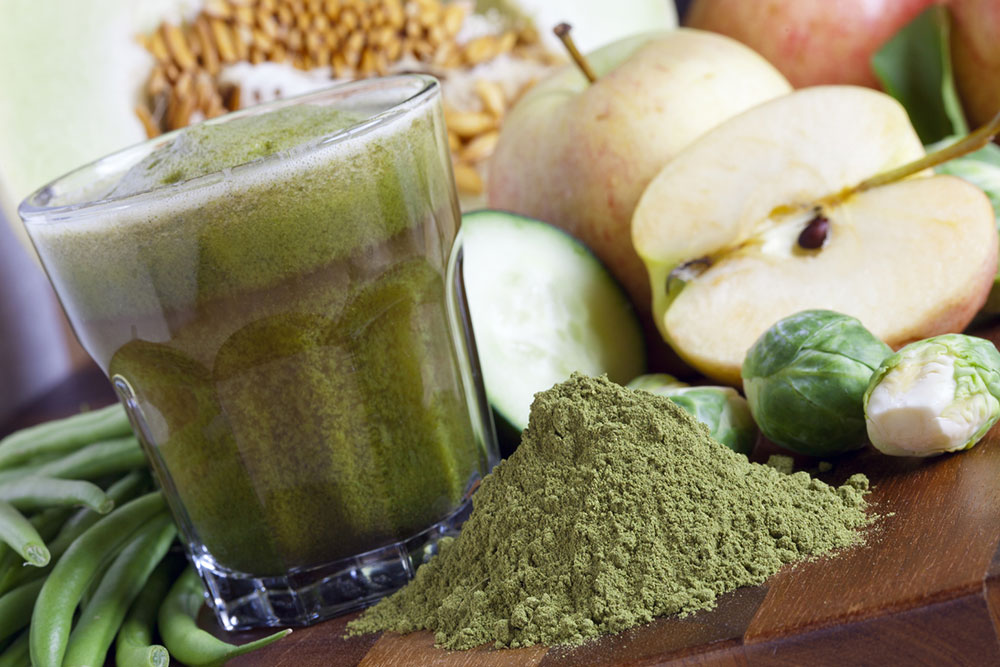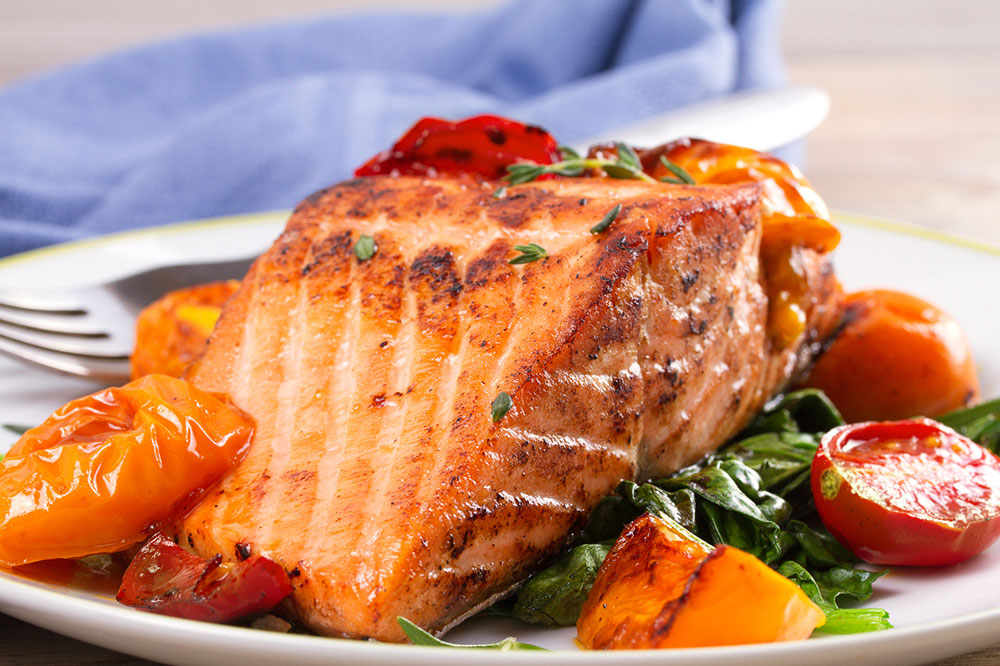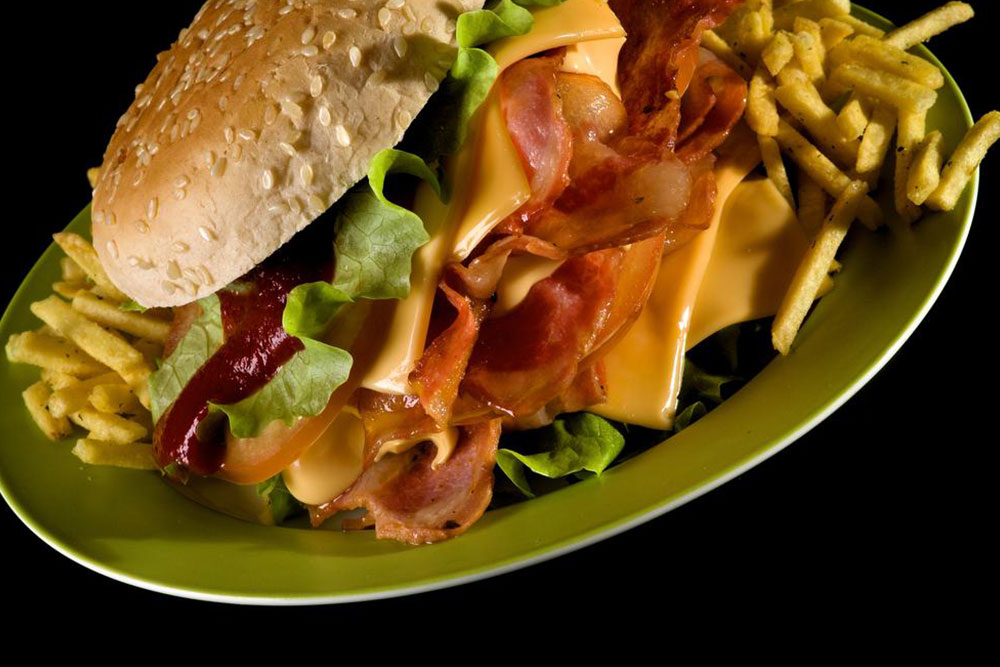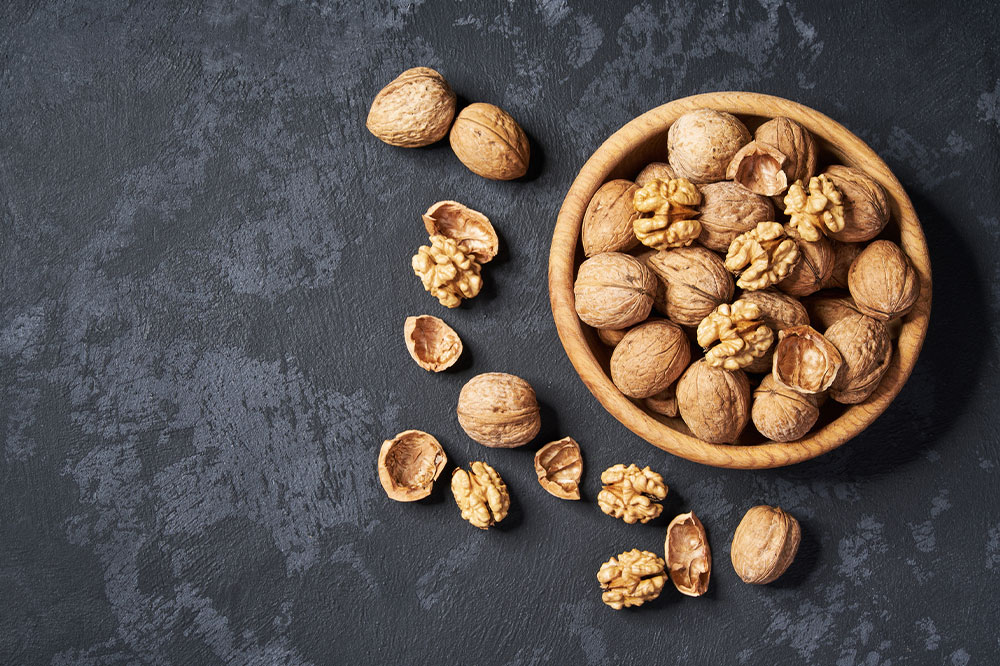Managing GIST through Diet: Foods to Incorporate and Avoid
This article offers essential dietary guidance for managing gastrointestinal stromal tumors (GIST). It covers foods to include, such as fruits, vegetables, and turmeric, and foods to avoid like processed meats and sugary products. Alongside medical treatment, proper nutrition and lifestyle adjustments can support overall health and tumor management, emphasizing the importance of tailored dietary plans and professional guidance.
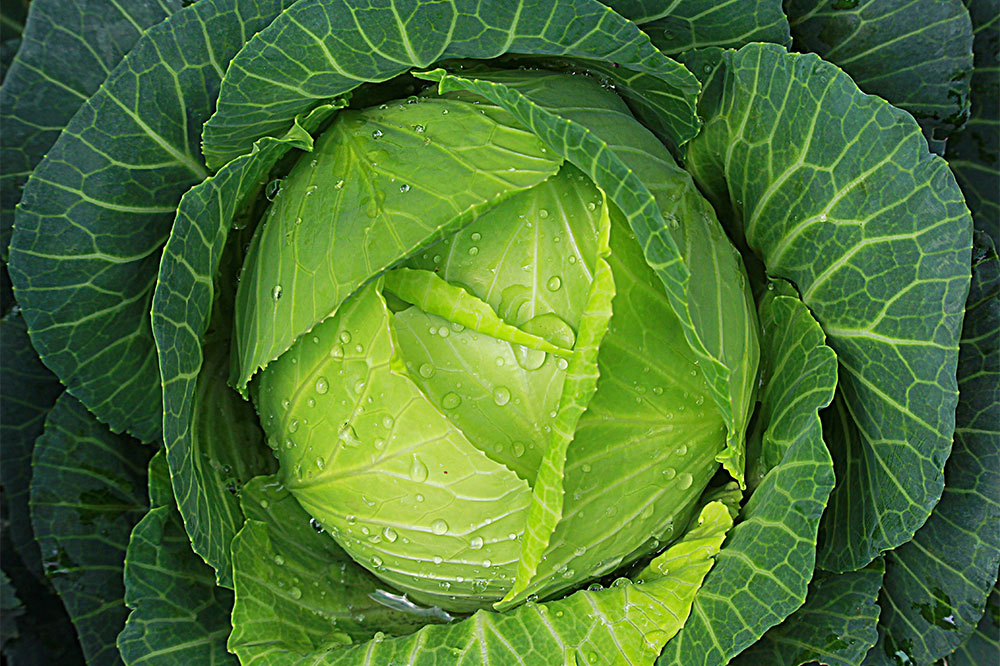
The digestive system includes the stomach, small intestine, and colon. Gastrointestinal stromal tumors, or GISTs, are a form of cancer that arises in the GI tract, characterized by abnormal cell growth in tissues. Treatment options often involve surgery, targeted medications, and supportive care. Making dietary adjustments can also support treatment and overall health.
Recommended Foods
Fruits and vegetables
Rich in essential vitamins, minerals, and antioxidants like flavonoids and polyphenols, these foods help combat free radicals and may slow tumor progression. Typical choices include cabbage, bamboo shoots, and avocado. Consulting a nutritionist can help tailor intake based on individual needs. High fiber content in plant foods promotes colon health.
Curcumin-containing foods
Turmeric's active component, curcumin, has shown promise in suppressing tumor-related genes and enhancing metabolic responses. Incorporating turmeric into meals is an easy way to add its benefits without significant dietary changes.
Supplements
GIST patients might experience nutrient deficiencies due to impaired absorption. Supplementation—such as vitamins and minerals—may be necessary based on individual deficiencies, as advised by healthcare providers.
Foods to Limit or Avoid
Red meats and processed foods
It's advisable to steer clear of red meats and processed products, especially after tumor removal surgery. Lean protein sources like chicken, fish, eggs, and low-fat dairy are recommended. Those with lactose intolerance can opt for soy-based alternatives.
Sugary and fast foods
Avoid sugar-laden drinks, sweets, junk food, and fast food to support gut health. Limiting salt intake from processed foods is also beneficial.
A balanced diet coupled with healthy lifestyle habits—such as regular exercise, limiting fatty foods, and avoiding alcohol—can significantly aid in managing GIST.
Disclaimer: Our website provides general information and research-based insights on health topics. While informative, this content is not a substitute for professional medical advice. Readers are encouraged to consult healthcare providers for personalized recommendations. The site does not assume responsibility for inaccuracies or updates on third-party information or offers.

